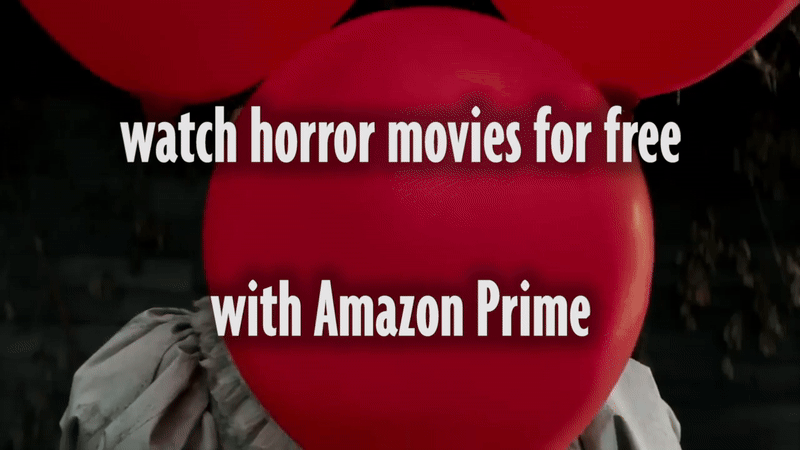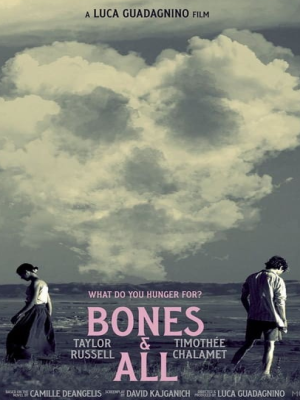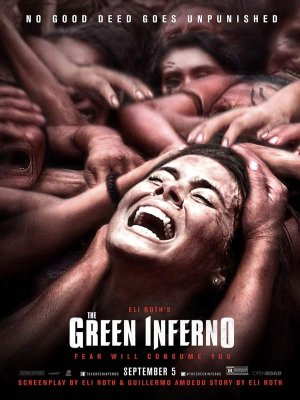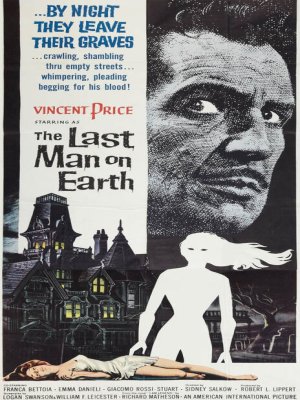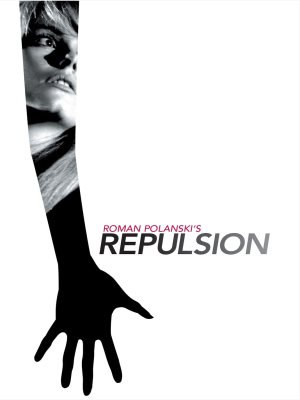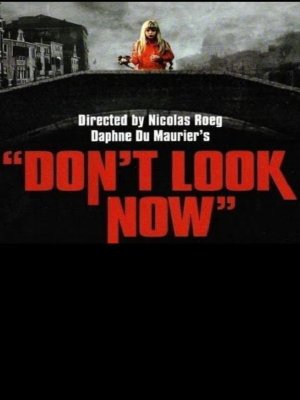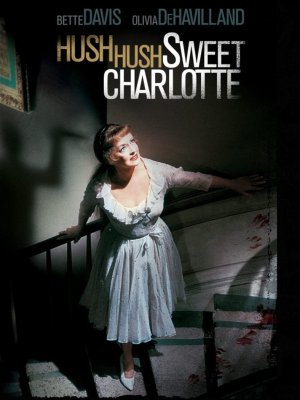The Addiction
Kathleen (Lili Taylor) is a philosophy student who, after being bitten by a mysterious woman, begins to develop an unstoppable thirst for blood. Her journey through this new condition becomes an allegory about drug addiction and internal destruction. Along the way she meets Peina (Christopher Walken), a vampire with a more controlled approach to his nature, who tries to guide her towards a possible redemption.
Directed by Abel Ferrara, The Addiction is a vampire film that transcends the confines of the horror genre to explore philosophical and metaphysical themes related to sin, addiction and the nature of evil. Shot in evocative black and white, the film is a visceral meditation on the loss of free will and the corruption of the soul.
Ferrara uses vampirism as a metaphor for addiction and self-destruction, recurring themes in his filmography. The film is deeply influenced by existentialist thought and nihilism, with frequent references to philosophers such as Nietzsche and Heidegger. Lili Taylor offers an intense performance, transforming Kathleen into a tragic and disturbing character. Christopher Walken, although in a secondary role, leaves his mark with his typical eccentricity.
The black and white emphasizes the dark atmosphere and philosophical tone of the film, recalling expressionist cinema and neorealism. Ken Kelsch's photography is essential in creating a sense of alienation and anguish.
The Addiction is not a conventional horror, but a work full of symbolism and reflections on human nature. Those expecting a classic vampire film might be disoriented, but those willing to immerse themselves in its philosophical dimension will find a powerful and disturbing experience. An essential cult for lovers of Ferrara cinema and for those looking for an intellectual horror.

